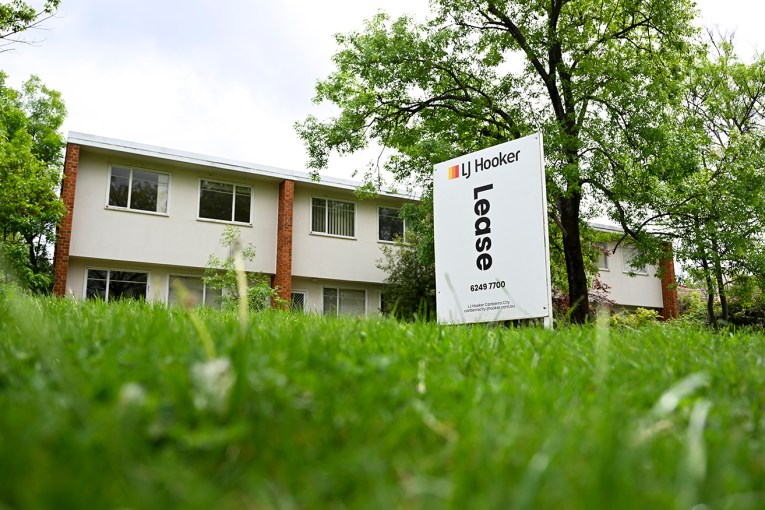Why your mortgage repayments may be about to rise

Having a buyer's agent bid on your behalf can remove the emotion from the auction. Photo: Supplied
Australia’s big banks could be about to increase your mortgage repayments.
The reason is something you may never have heard of — the net stable funding ratio.
It is an international regulation which Australian banks need to comply with.
The rule is part of a broad program to make banks safer and boost the amount they hold in deposits.
However, it is a move that is likely to hurt borrowers just at the point where debt levels are at record highs.
Forager Funds chief investment officer Steve Johnson told the ABC he had heard a lot of people say to him there is no way in the world they would be able to afford to pay their mortgage if interest rates rose meaningfully from here.
He said a meaningful lift in interest rates would be around 2 per cent.
Velocity Trade banking analyst Brett Le Mesurier said there was a possibility banks would need to reduce the discount they offer some loan customers by close to that amount.
“So the banks have a standard variable rate, and then when customers go for a mortgage, they will be offered some level of discount,” he explained.
“The discount can be anywhere up to 1.5 per cent or more.
“It may be manifested by a reduction in the rate of discount that’s being offered.”
It is all related to what is called the net stable funding ratio, a part of the Basel III accord.
Basically, international banking regulators have told Australian banks to start relying more on Australian customer deposits to fund loans, rather than overseas money markets.
At the moment, Australian banks rely heavily on those overseas markets to fund home loans because they are often considerably cheaper than paying interest on deposits.
Mortgage rates set to rise or discounts fall
So the banks now have two options: To cover the added cost, they can increase interest rates, or reduce the discount you’re expecting to receive on your variable rate next year.
A third option is that the banks could take the hit in their bottom lines, but fund manager Steve Johnson thinks that is very unlikely.
Mr Johnson warned that the banks will have to pass on the increased cost of funding home loans.
“Well I think it’s pretty clear, one way or another, they’re going to need more capital,” he said.

Mortgage interest rates may rise early next year, one analyst warns. Photo: Supplied.
“The question is who’s going to pay for that?
“Because our banking sector is so concentrated, you’re going to see a lot of the cost of that increased capital passed onto customers of the banks.”
Banking analyst Brett Le Mesurier warned it will ultimately lead to higher mortgage repayments for borrowers as early as next year.
“Ultimately, banks are trying to maintain their margins,” he said.
“So if they’re paying more for their funding, to maintain the margin necessarily means that mortgage rates go up.”
National Australia Bank and Macquarie have just shown their hand.

NAB chief executive Andrew Thorburn – the bank has already conceded the rising cost of deposits is hurting profits. Photo: AAP.
NAB reported last week that an increase in deposit costs was hurting its profit.
The latest public statement from Macquarie Group also showed the bank was working hard to increase its deposit base.
Ultimately the banks will shift the sources of their loans to maximise their profits.
Real estate fallout from interest rate rises
The big question of course is, will this end up affecting the property market?
“Yeah of course it will,” Mr Le Mesurier said.
“The property market is a function of two things: rates that people are paying on their mortgages and unemployment.”
“If you’ve got stable unemployment but effectively rates on housing go up, that means that the price of houses fall.
“Now the extent of any fall will obviously depend on the extent of any additional interest rates that have to paid.”
Funds manager Steve Johnson said it places greater pressure on the Reserve Bank to cushion the financial blow to borrowers.
But he added that the bank had limited scope to provide that support.
“So I think the real challenge here is how much flexibility has the RBA lost because of the levels of leverage [debt] in the economy,” he argued.
Bankers, brokers and number-crunchers will no doubt be looking closely at the Reserve Bank’s commentary on Melbourne Cup Day to see if there is any response to this risk for borrowers.
– ABC








